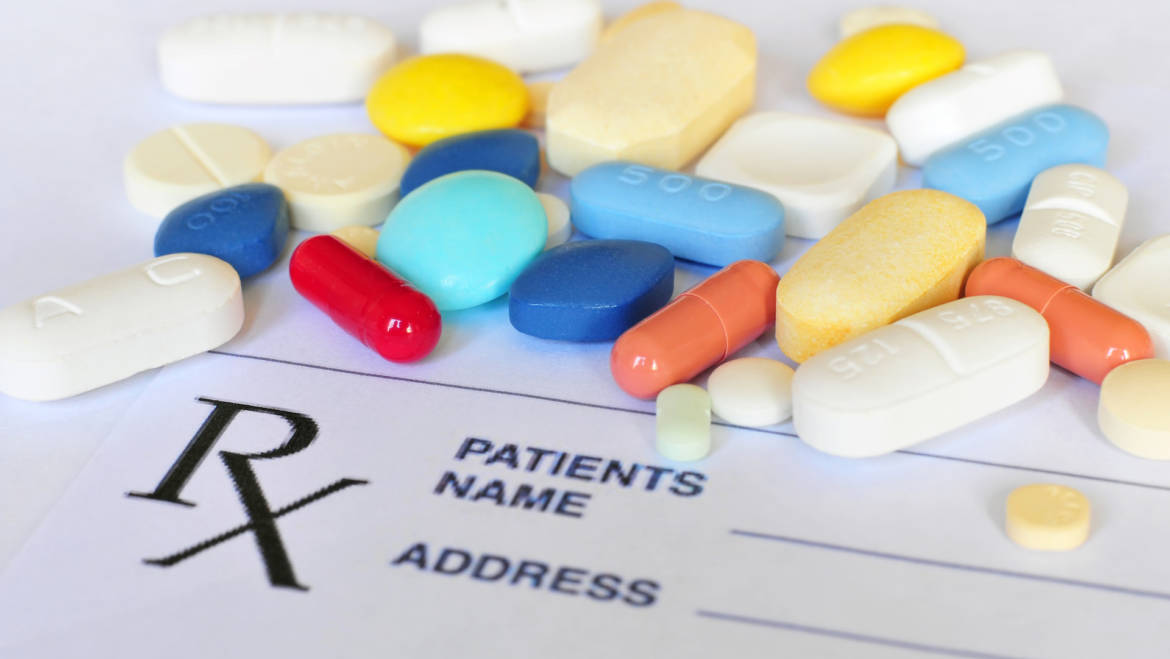Medication: miracle or nightmare?
Across our nation drug abuse is on the rise. What is the first step in preventing this health crisis? Education with assertive open dialogue is helpful in dealing with this problem, according to the NIDA (National Institute on Drug Abuse). When people say “drugs”, they generally mean medica- tions that can lead to addiction. Most drugs or medications aren’t addictive, like antibiotics, allergy medications, heart medications or mild pain relievers like aspirin or Tylenol.
Medications that can lead to addiction are different, they generally affect our brains and can cause intense good feelings or a high. This high is caused by an increase in a brain chemical called dopamine. This group includes opioid pain relievers, stimulants like Ritalin which helps ADHD, and sedatives which help anxiety. Street drugs are produced with similar chemicals because people seek these highs to feel good, despite the danger of addiction or thinking that addiction won’t happen.
All medications, even those without a risk of addiction, should be taken carefully and according to directions, even if they are “over the counter”. When someone has been given a medication that could become addictive, they should be especially careful. Take the medication exactly as your doctor prescribed and only as needed. Check with your doctor about stopping your meds and follow his or her instructions. Keep all medications in a locked location. Only take the medication if you are the person it was prescribed for. When you are finished using all medications, take them to a police station to dispose of any extra meds. Remove any personal information on the bottle before disposing of them. Don’t flush them down a drain or toilet. Pain relieving patches are included. These meds could contaminate our water supply. Don’t save medications for future use. Speak with your family members about this information.
Statistics have shown most addictions start when children (even as young as 12) find addictive meds in their parents, grandparents and other relatives homes!
All drugs or medications have side effects which can be mild, very unpleasant or deadly. Speak with your physician if you think you are experiencing a side effect. Sometimes it isn’t just the medication that is potentially dangerous, but combining it with other drugs or alcohol that leads to risky side effects. Make 2018 safer for yourself and family – think about your medication use and make changes if needed.
Pat Woerheide, RN


